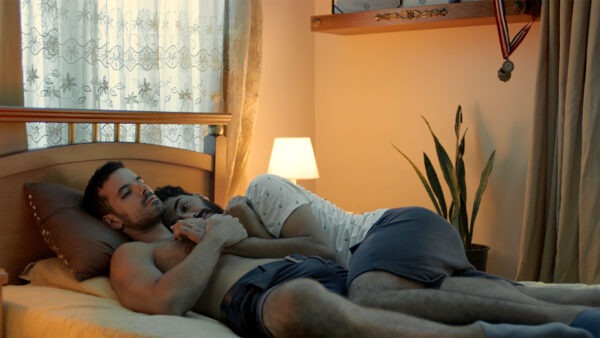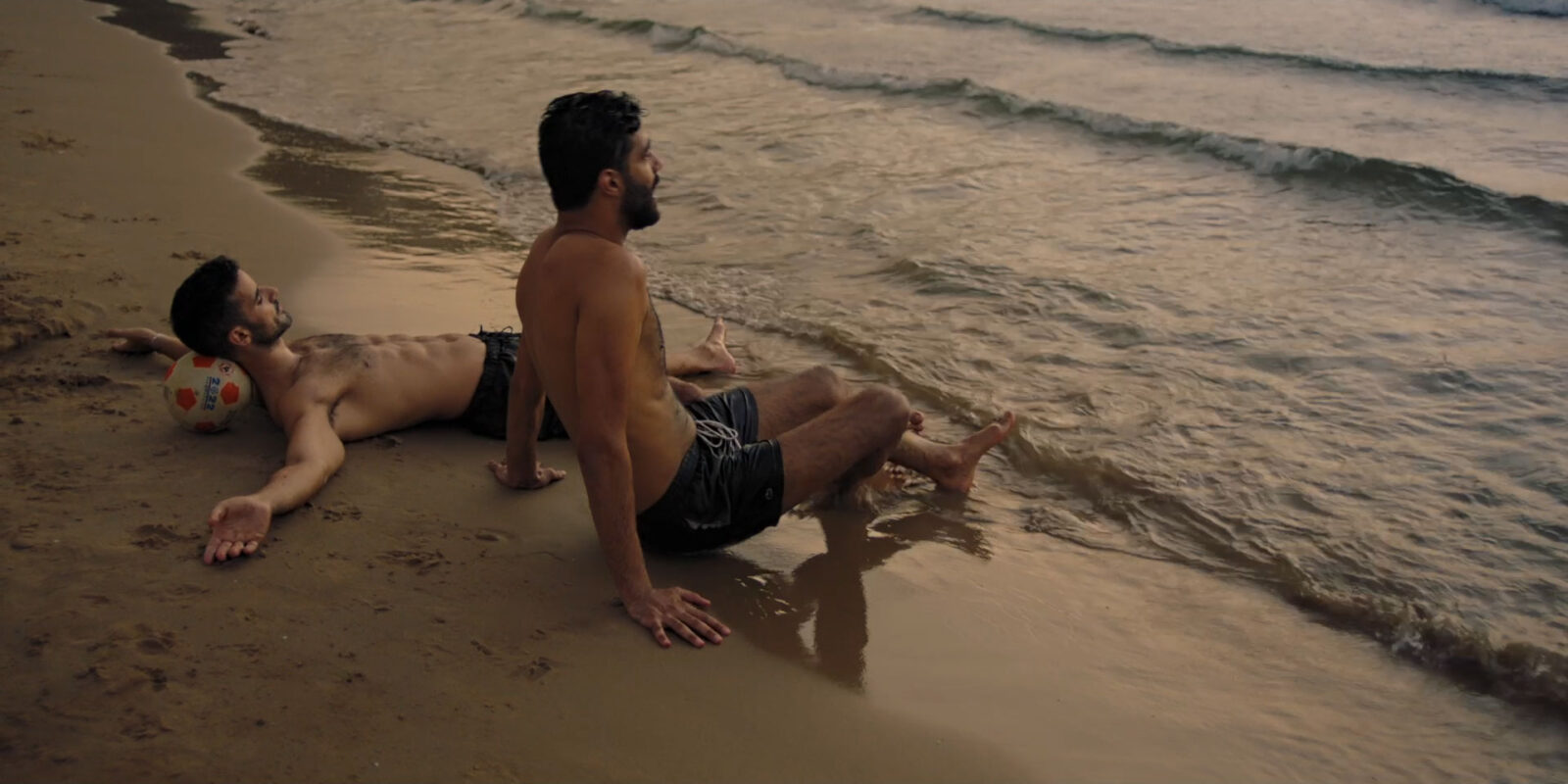
Many queer people who’ve had a strict religious upbringing have a tough time reconciling their queerness with the twisted homophobic indoctrination they received in their younger years. This applies to all religions and leads to a lot of unnecessary fear and guilt which affects love and sex lives across the world.
 The Judgment is an excellent Egyptian film which shines a spotlight on this area – a film about the trauma and self-hate caused by religious homophobia. Inspired by the 2020 suicide of Egyptian lesbian activist Sara Hegazi, and the subsequent increase in homophobia in Egypt, writer and director Marwan Mokbel has crafted a unique tribute to her and others affected by similar issues.
The Judgment is an excellent Egyptian film which shines a spotlight on this area – a film about the trauma and self-hate caused by religious homophobia. Inspired by the 2020 suicide of Egyptian lesbian activist Sara Hegazi, and the subsequent increase in homophobia in Egypt, writer and director Marwan Mokbel has crafted a unique tribute to her and others affected by similar issues.
Handsome, gay, thirty-something Egyptian Muslim couple Mo (Junes Zahdi) and Hisham (Freddy Shahin) live in Los Angeles but have to make an emergency family trip to Alexandria in Egypt following the death of Mo’s father. Hisham grew up in Egypt but Mo has only stayed there once, aged 12. Mo is estranged from his mother due to his homosexuality so the couple stay with Hisham’s parents. Hisham is, however, not out to his parents so they pretend to be just friends, much to the annoyance of Mo, who has been out to his parents since the age of 12.
 Mo is upset about the death of Sara Hegazi and adds a rainbow filter to his Instagram profile pic. Hisham’s father sees this, much to Hisham’s discomfort, and this sets of a chain of surreal, sometimes horrific, events involving both men and their families. The couple fall prey to witchcraft and curses to punish them for their homosexual sins. The curses create an inescapable internal terror for Mo as he relives his childhood punishments for being queer as well as his internalised homophobia resulting from his religious beliefs.
Mo is upset about the death of Sara Hegazi and adds a rainbow filter to his Instagram profile pic. Hisham’s father sees this, much to Hisham’s discomfort, and this sets of a chain of surreal, sometimes horrific, events involving both men and their families. The couple fall prey to witchcraft and curses to punish them for their homosexual sins. The curses create an inescapable internal terror for Mo as he relives his childhood punishments for being queer as well as his internalised homophobia resulting from his religious beliefs.
The Judgment is a unique piece of storytelling. How often do you get to view a surreal, supernatural Egyptian queer horror story? Filmed mostly in the Lebanon, Mokbel uses great locations and interiors, an interesting unpredictable plot, an evocative soundtrack and handsome men to tell this tale of religiously conflicted queer angst, homophobia, controlling religious family life, family rifts and reconciliation, conversion therapy and sex/relationship issues. Reality and the paranormal are sometimes hard to separate but it all becomes clear at the end. The underlying message is that we are generally the victim of our own beliefs, and that to stop being a victim, we just need to change our beliefs. Of course, this is often easier said than done.
Queerguru’s Contributing Editor Ris Fatah is a successful fashion/luxury business consultant (when he can be bothered) who divides and wastes his time between London and Ibiza. He is a lover of all things queer, feminist, and human rights in general. @ris.fatah

